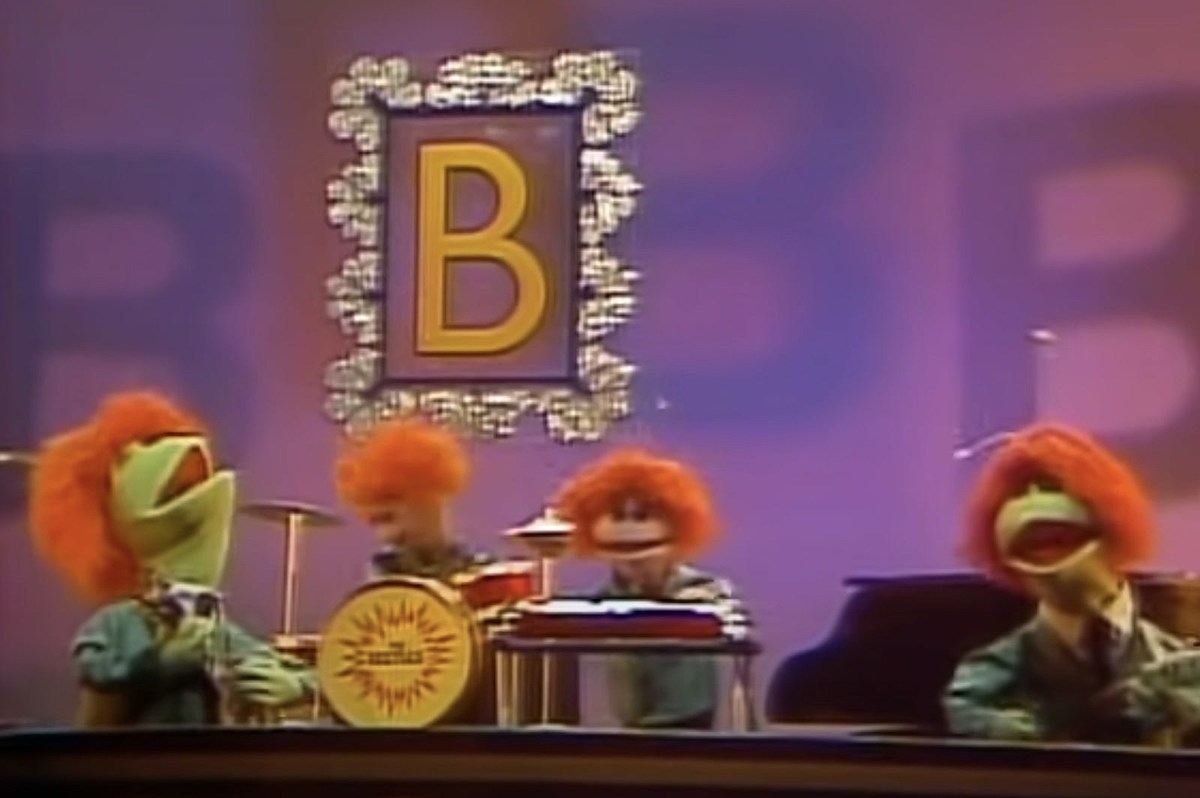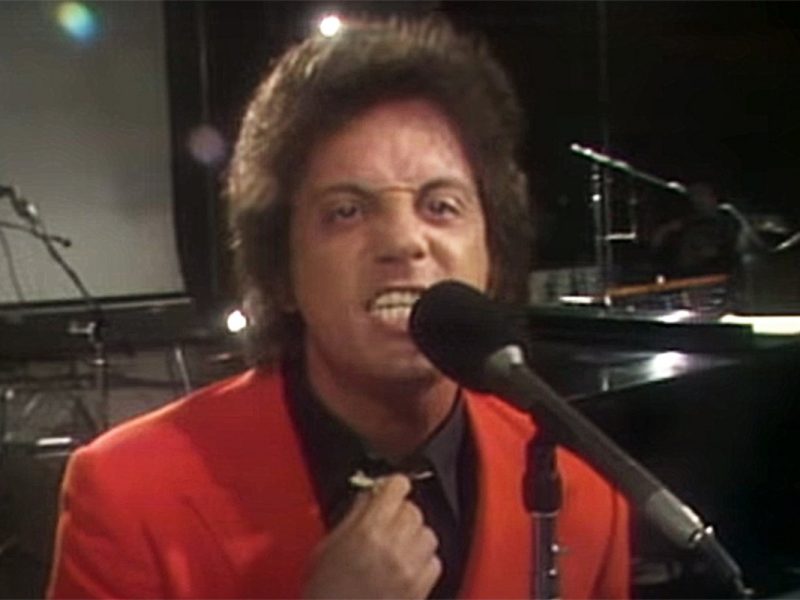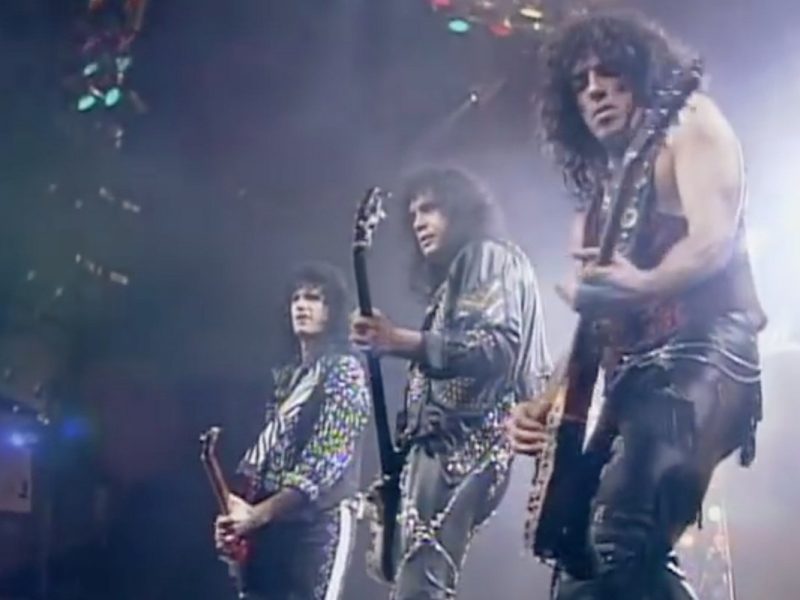Just because you’re one of the world’s most beloved children’s TV programs, does not mean you are safe from lawsuits — not even one from another of the world’s most beloved entertainers, the Beatles.
In 1983, Chris Cerf, who produced music for Sesame Street, had the idea that “Let It Be” might make a good foundation for a kid-friendly parody number.
“I remember the first time I heard it, I was sitting in a car and I went wild,” Cerf told Den of Geek in 2020. “It’s been a long time now, but I remember thinking the first time I heard ‘Hey Jude’ that not only was it incredibly original but that the ending would be fun to make fun of. And so the songs ‘Hey Food’ and ‘Letter B’ kind of happened on Sesame Street at the same time.”
A Parody Is Born
Thus, “Letter B” as performed by “the Beetles” was born: “When I find I can’t remember what comes after A and before C, my mother always whispers ‘Letter B.’” The episode aired on Dec. 2, 1983. (The full fictional album title? Sesame Road, via Lemon Records.)
Listen to ‘Letter B’
This was not the first time Cerf had taken a rock ‘n’ roll song and made it suitable for Sesame Street — he’d previously spoofed Billy Idol with “The Rebel L,” the Rolling Stones with “(I Can’t Get No) Cooperation” and “Born to Add” as performed by “Bruce Stringbean and the S. Street Band.”
‘Sesame Street’ v. Northern Songs
Educational (and adorable) as both “Letter B” and “Hey Food” were, they prompted legal action for the first and only time in Sesame Street musical parody history.
It came from Northern Songs, the publishing company founded in 1963 by Dick James, John Lennon, Paul McCartney and Brian Epstein. By 1983, Epstein was dead and the remaining founders had long since sold their shares, so it was primarily run by the Australian billionaire Robert Holmes a Court. (In 1981, McCartney and Yoko Ono had tried and failed to buy the rights back.)
READ MORE: 20 Beatles Songs That John Lennon Hated
You did not need to be a musician or industry insider to know that the Beatles’ catalog was a gold mine in terms of lucrative returns. “They were worried that if we could do what we did on Sesame, then advertisers could use Beatle-like songs without paying for them,” Cerf explained. “That was the main reason they went after us.”
A whopping $5.5 million suit was filed against the nonprofit group Children’s Television Workshop, the company responsible for producing Sesame Street, but it would turn out in vain: as a parody song, “Letter B” fell under fair use.
‘M’ Is for Michael Jackson
Two years later, Sesame Street found an unexpected hero in Michael Jackson, who bought the Beatles’ publishing catalog for nearly $50 million. (Neither McCartney nor Ono were interested at the time.) McCartney was not thrilled with the decision his sometimes collaborator — someone he considered a friend — had made, even though he had been the one who first advised Jackson to consider investing in music publishing. (In 1976, McCartney himself had bought the publishing rights to Buddy Holly’s songs.) “Oh Paul, that’s just business,” Jackson reportedly said to him at the time.
READ MORE: The Beatles’ ‘Let It Be’: 20 Wisdom-Speaking Covers
But in 1983, McCartney no longer had a say when it came to the publishing of Beatles’ songs. Fortunately, according Cerf, Jackson thought the Sesame Street suit was “ridiculous” and swiftly put an end to it. “He settled the entire suit for $50.”
The Best Song From Every Beatles Album
Consensus can be difficult to reach on which Beatles album is best – much less which song.
Gallery Credit: UCR Staff



